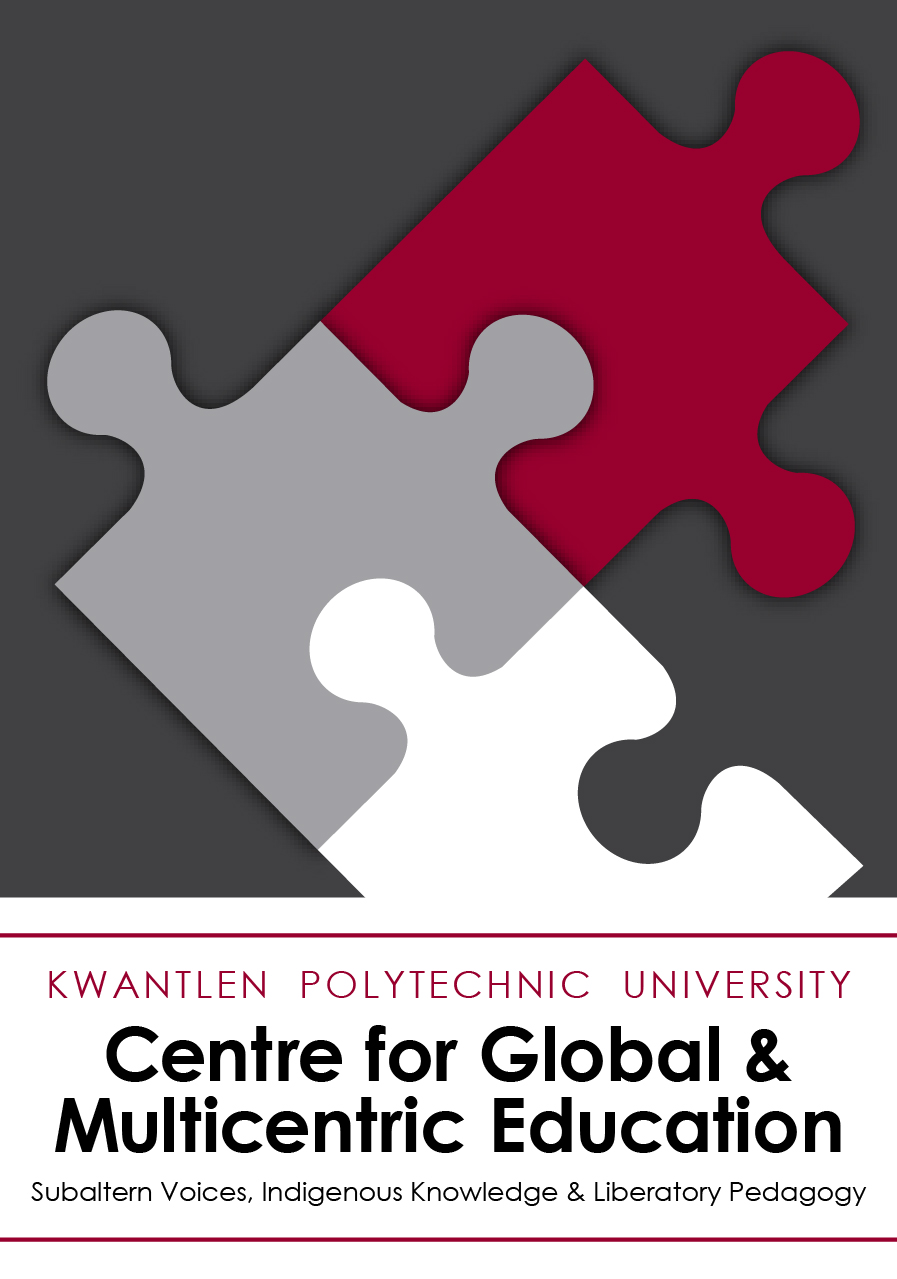
Highlighting Anthony Giddens' assertion in his book, Beyond the Left and Right: The future of Radical Politics, we believe that the expansion of social reflexivity requires individuals: to have access to a wide range of information and to also know how to filter the information in order to act upon it.
Critical social reflexivity demands a knowledge base that is inclusive and is critical of all forms of oppression in their complex and intersecting social, economic, cultural, religious, international, and national contexts. The inclusion of historical memories of marginalized and “minority” groups that reflect their varied social and political interests and are also anti-hegemonic and based on the principles of social justice is a good starting point.
Epistemological
What do we consider as knowing and knowledge?
Political
Who shall control the process of constructing, distributing, and controlling knowledge, curriculum, and pedagogy?
What are the roles of students in this process?
Economic
Whose perspectives and world views should also be included and considered in order to prepare students for the changing global and national economic relations?
How can we prepare students for work as knowledgeable employees and as socially conscious citizens?
Technical
How can we incorporate technological innovations as ways of making education more accessible and relevant to students?
Ethical
In what ways should the views of others and diverse theoretical perspectives and ideologies find expressions in our pedagogies and curriculum?
Historical
What traditions in our specific fields can be drawn upon to assist us in providing a multi-disciplinary, polytechnic, and student-centred education that is also informed by a critical global outlook?
Aesthetic
How do we link education, curriculum, and textbook knowledge to students' similar and varied experiences?